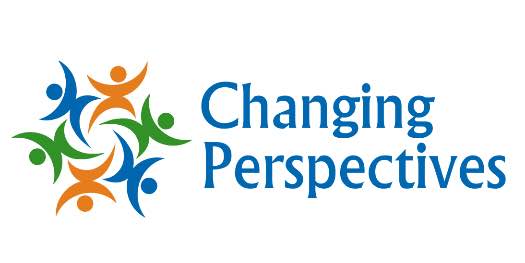Diane Siegel of Woodside, CA is an inclusion advocate and a Changing Perspectives champion! A former school administrator and classroom educator, Diane has witnessed the power of Changing Perspectives as it transformed a school community. Read on to hear more about Diane’s partnership with Changing Perspectives: 
Q) Why did you decide to implement the Changing Perspectives curriculum in your school?
Diane: Kings Mountain Elementary School is a small public school with three multi-age classrooms averaging about 65 students. We believe in educating the whole child and have implemented a social-emotional curriculum with fidelity for four years. Last year, our small community experienced controversy as it struggled to understand unexpected behaviors from a student with behavior differences. Our small community needed an inclusion curriculum. When our Assistant Superintendent invited me to join a phone meeting with Sam Drazin, it quickly became clear that Changing Perspectives was a perfect way to round out our SEL curriculum.
Q) What changes did you witness in the Kings Mountain School community as a result of partnering with Changing Perspectives?
 Diane: We selected three units along with the introductory empathy unit for our first year. We selected units that specifically addressed the differences within our student community. The students’ reactions and responses were incredible.
Diane: We selected three units along with the introductory empathy unit for our first year. We selected units that specifically addressed the differences within our student community. The students’ reactions and responses were incredible.
Our students with invisible differences felt safe, understood, and empowered to identify themselves as a person with a difference and share their struggles with their differences. All students are more at ease learning together.
Q) What are your favorite components of the Changing Perspectives curriculum?
Diane: As a lover of children’s literature, my favorite component are the books. The books are high quality, engaging and a safe way to gain insight into how differences impact the life experience of others. The read-aloud texts create a shared experience among students and provoke great questions and conversations.
Q) Why would you recommend Changing Perspectives to more schools?
Diane: The curriculum is easy for teachers to access and implement. The scope and sequence is flexible and the content engaging. Most importantly, developing empathy fosters both academic and social-emotional growth. Changing Perspectives deepened students’ understanding of how using empathy with knowledge changes our understanding and actions.
Q) What is your hope for the future of education?
Diane: I became an educator to foster and promote equity for all children. In theory, our system should be providing children with the academic, social and emotional education so that they can discover their unique gifts, realize their full potential, and pursue their dreams. My hope is that as a society, we provide our public schools with the support they need to realize their mission. We are models of life-long learners.
Thank you for being such a strong believer in the power of empathy, Diane.
We applaud your work in creating more inclusive communities!
